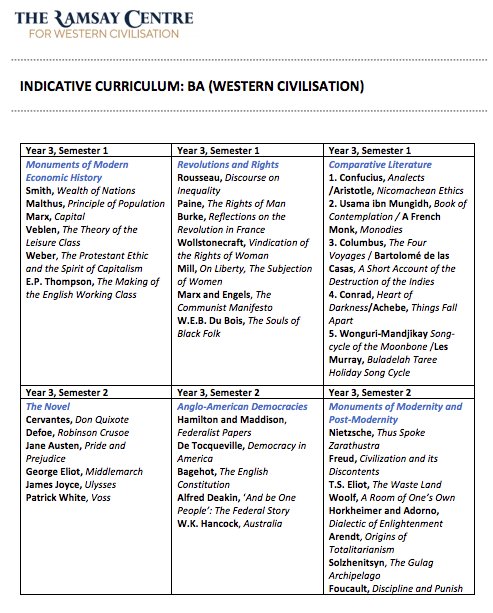


Īs historical methodology has become more complicated and many fields have faced evolution and hybridization-the sort of rich complexity called for by Rodgers-historians of “ideas in context” have sought to keep their context simple. He thus called for a study of republicanism in the wider contexts of “process and culture.” Rodgers claimed that the limitation of pure linguistic history of ideology and discourse could be enriched by political, social, and cultural history, and for this Rodgers cited the early social and cultural works of Linda Kerber, Rhys Isaac, and Sean Wilentz. Rodgers’s concern about the American classical republican thesis was the danger of restrictions inherent in its methodological paradigms. In response to Pocock’s claims, Rodgers countered that republicanism was “neither an ideological map to more than a small piece of experience, nor a paradigmatic language in the strong sense of Pocock’s early work.” He called its key conceptual terms-virtue, the republic, and the commonweal-“slippery.” He cited John Adams’s 1807 complaint that “there is not a more unintelligible word in the English language than republicanism.” At the same time, Rodgers conceded that the discussion of the idea of republicanism had enriched the debate on the origins of American constitutional originality. Tracing the intellectual genealogy of Anglo-Atlantic political theorists such as Thomas Gordon, Trenchard, and Bollingbroke to Machiavellian and Tacitean traditions of studying political corruption and its remedies in classical virtues and political pragmatism, Pocock declared, “The American Revolution, which to an older school of historians seemed a rationalist or naturalist breach with an old world and its history, now appears to have been involved in a complex relation with both English and Renaissance cultural history. . . .” This connection, Pocock implied, was rooted in a shared conceptual language of politics. If Caroline Robbins, Bernard Bailyn, and Gordon Wood had shown that ideas such as “civic virtue” and the “common good” were the intellectual underpinnings of modern republican polities, Pocock saw the origins of these terms in the Italian Renaissance. Pocock’s notion that Italian humanist languages of republicanism and virtue had served as the linguistic building blocks for English and American revolutionaries alike.

In a now classic 1992 article entitled “Republicanism: The Career of a Concept,” Daniel Rodgers examined the scholarly field that had grown around the history of American republicanism.


 0 kommentar(er)
0 kommentar(er)
